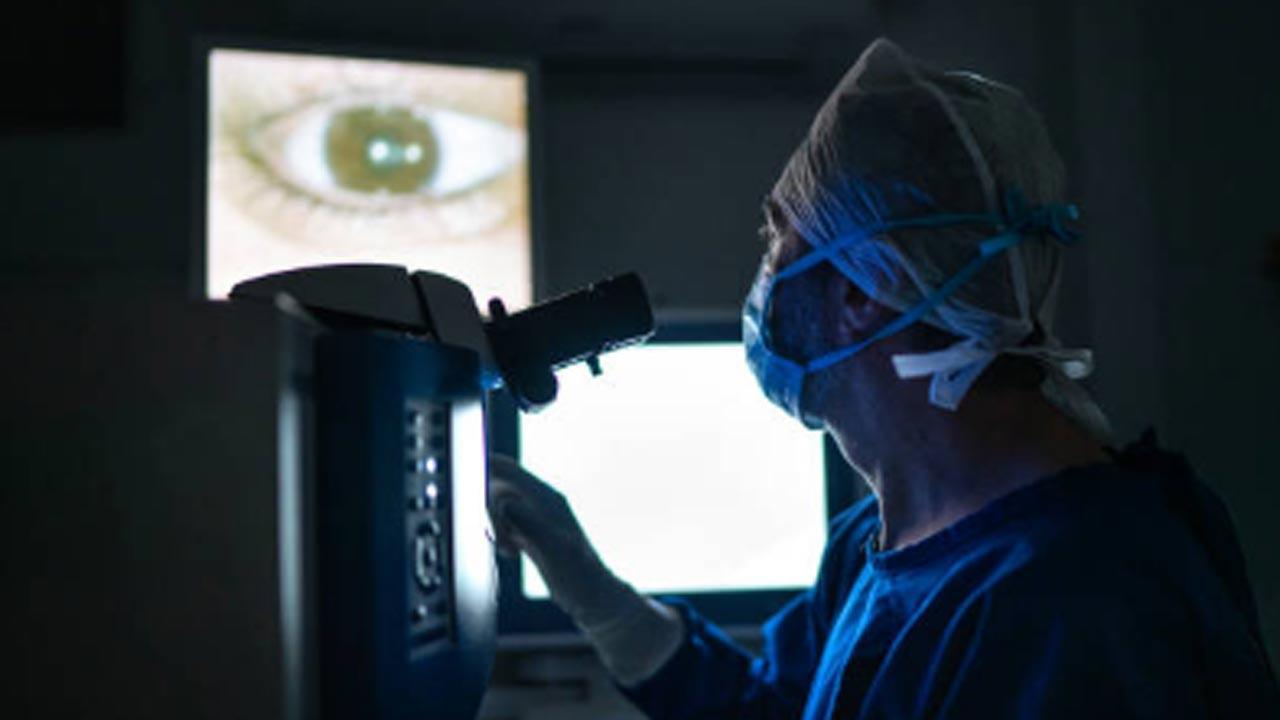Cataract is responsible for 70 per cent of blindness in India. However, with early intervention at the right stage, it could be avoided. Diabetic retinopathy, Retinopathy of prematurity, Glaucoma and cataracts are most common conditions for which use of AI has been demonstrated

Representational images. Pic/iStock
The use of Artificial Intelligence (AI) has brought about a major shift in ophthalmology, and enabled efficient analysis of medical data to detect glaucoma, diabetic retinopathy, and others in the early stages.
ADVERTISEMENT
Talking about the use of AI in ophthalmology, Dr Antriksha Wahi of Dr RP Centre of AIIMS said that AI is not the replacement of doctors, instead it makes computer self-sufficient in the diagnostic and detection at early stages. The basis of diagnoses made by AI algorithms is mechanical, and thereafter human intervention is required for further interpretation and the treatment.
AI has important roles in ophthalmology in early screening and detection of conditions such as diabetic retinopathy, retinopathy of prematurity, glaucoma, and other disorders, he said, adding that the study is underway for the use of AI in Cornial Opacity, Cataract Screening and others at AIIMS.
Cataract is responsible for 70 per cent of blindness in India. However, with early intervention at the right stage, it could be avoided. Diabetic retinopathy, Retinopathy of prematurity, Glaucoma and cataracts are most common conditions for which use of AI has been demonstrated.
Also Read: Male athletes with inadequate nutrition levels are at a higher risk of fractures: Study
This story has been sourced from a third party syndicated feed, agencies. Mid-day accepts no responsibility or liability for its dependability, trustworthiness, reliability and data of the text. Mid-day management/mid-day.com reserves the sole right to alter, delete or remove (without notice) the content in its absolute discretion for any reason whatsoever
 Subscribe today by clicking the link and stay updated with the latest news!" Click here!
Subscribe today by clicking the link and stay updated with the latest news!" Click here!








